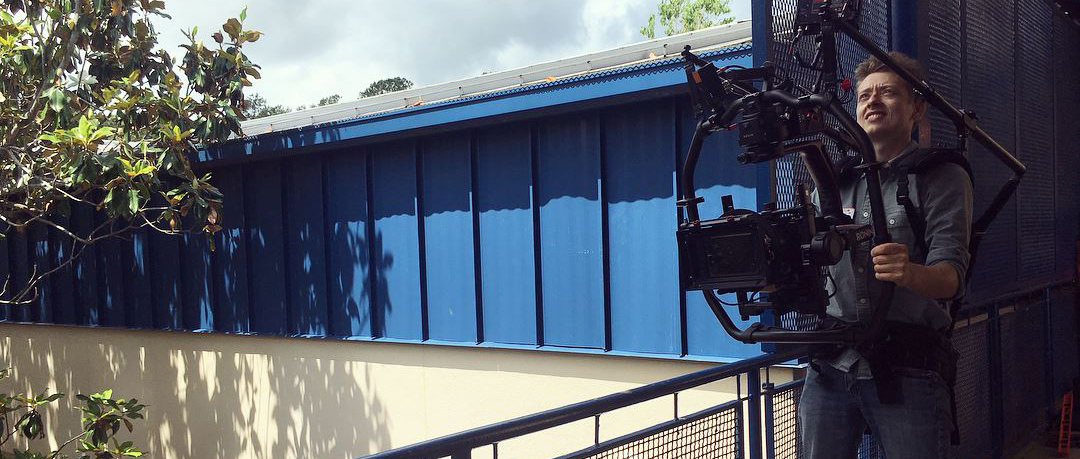Graduate Creative Materials

Resume
Your resume is a document that highlights your education, creative endeavors, activities, travel, employment, and service work as they apply to your aspirations as a filmmaker and your chosen area of specialization (no longer than 3 pages).
Biography
In 500 words, tell us your personal origin story.
Don’t embellish with fiction; stick to the facts. Tell the story in the third person, as if someone else was telling the story of you.
Career Goal Breakdown
In 250 words, tell us about your career goals in connection with attending the program and graduating in your area of specialization.
What do you hope to learn in the program? What do you imagine your first job after graduating from the program will be?
What are your goals for five years after graduation, and your long-term or ultimate goals?
Influences
In 250 words, identify an industry professional in your area of specialization and describe why that individual’s career is meaningful to you.
Pick one of their works and analyze what makes it exemplary.
Second-Choice Explanation
In 250 words, please answer the following questions about your second choice for specialization.
Why is this your second choice? What different education and career goals do you have with this second choice?
Writing Sample
A two-page non-dialogue scene about a person trying to kill a spider.
Writing samples should be typed in 12-point Courier in standard play or screenplay format.
Creative Portfolio
A sampling of work demonstrating your ability and commitment in the area in which you hope to specialize. Strong samples contain visual or written material that demonstrates your creativity, imaginative expression of thought, and its application to visual storytelling. Describe how each item in your portfolio supports your area of specialization. No physical materials (faxed or mailed) will be considered. Choose no more than three of the following:
- Film, video, animation, documentary, or experimental work. Submissions must not exceed 15 minutes in length and can consist of reels, short films, and/or clips from feature films. You must be part of the original creation of the work. Please be clear about your specific contributions to each project.
- Drawings, paintings, sculpture, costume, or set design that illustrates your creative vision and style. Limited to 10 images total.
- Photography that demonstrates your visual storytelling through up to 10 images.
- A writing sample composed of one of the following: a short play or screenplay, a narrative short story, a feature article, or a poem that exemplifies your ability to engage readers, excerpts from a full-length play, or feature-length screenplay. Up to 15 pages.
- Business plans, evidence of entrepreneurship, building sketches, architectural plans, etc. Limited to 10 items total.
Video Pitch
Create a video that introduces yourself and demonstrates your ability to author a simple compelling story. The video pitch should be no longer than 3 minutes total running time, and you must personally appear on camera pitching a story with the following three parameters:
No more than 30 seconds: Introduce yourself by telling us your name, where you are from, and a bit about your background.
No more than 120 seconds: Pitch us an original story idea that you would like to see made into a film.
No more than 30 seconds: Finish your pitch by telling us in one or two sentences what the audience should ultimately learn from the story.
3 Letters of Recommendation
Enter the names and emails of three recommenders, and we will send email requests to each of them. All recommendation letters must be submitted online. Your recommender can include a teacher, professor, guidance counselor, mentor, employer, or someone you’ve worked with on a creative project. The recommender should be able to speak to your ability to succeed in our program and your passion for storytelling. We do ask that no close family members write a letter of recommendation for you.